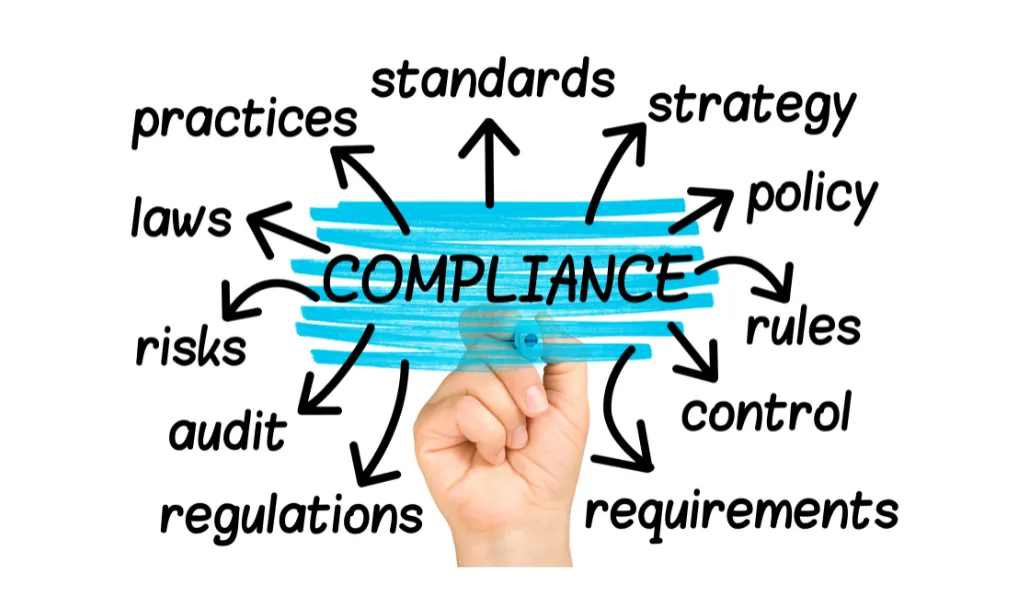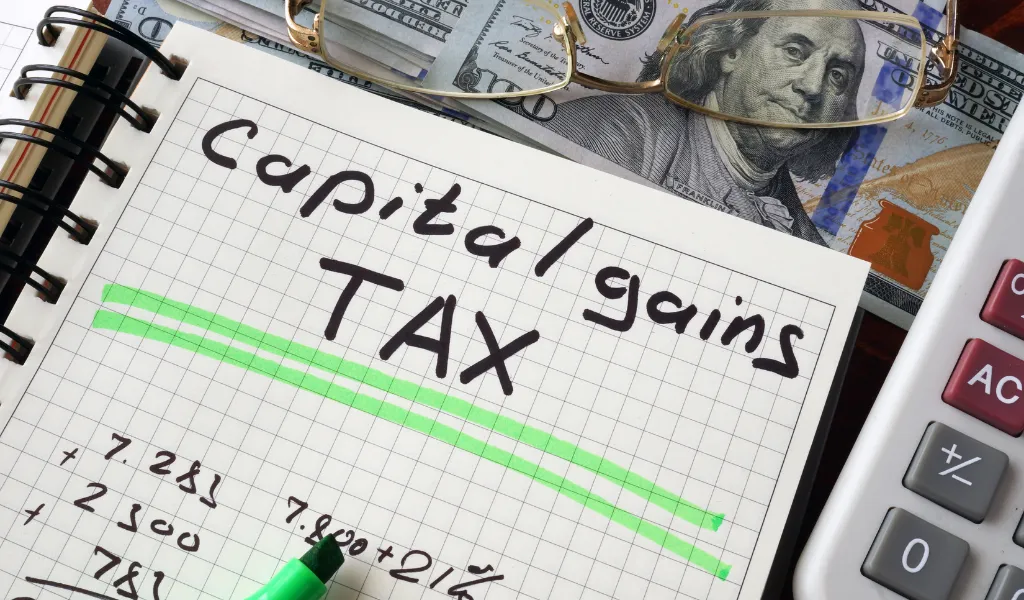As a property business owner or entrepreneur in the UK, understanding the intricacies of property tax compliance is crucial to ensure the success and profitability of your ventures. Failing to comply with the relevant tax regulations can lead to financial penalties, loss of reputation, and even legal repercussions. In this article, we will explore some common pitfalls and mistakes that property owners often make in property tax compliance and provide expert advice on how to avoid them.

1. Not keeping accurate records
Not maintaining accurate records is a prevalent error that can significantly impact your tax obligations. Imagine a scenario where a property investor fails to accurately document their property-related income and expenses. Consequently, during tax assessment, they may overstate their taxable income, leading to an inflated tax liability. Similarly, insufficient records might result in an inability to claim legitimate deductions, ultimately leading to an unnecessary tax burden. Furthermore, inaccurate records might result in discrepancies during tax audits, potentially triggering penalties, and additional scrutiny from the HMRC.
2. Missing deadlines
In the realm of tax, missing deadlines is a critical mistake with severe consequences. HMRC, being stringent about tax compliance, imposes penalties for late filing or payment. Consider a scenario where a property business owner fails to file their tax return within the stipulated deadline. In this case, they might face penalties that could substantially increase their overall tax burden. These penalties not only include monetary fines but also can lead to increased scrutiny by the HMRC, potentially causing more inconvenience and time-consuming procedures.
3. Not claiming all allowable expenses
Failure to claim all allowable expenses is a significant oversight that can inflate tax obligations unnecessarily. As a property investor or business owner, various legitimate expenses, such as mortgage interest, repairs, and maintenance, can be offset against taxable income. However, due to a lack of awareness or inadequate record-keeping, individuals often miss out on claiming these allowable expenses, resulting in an increased tax liability.
4. Not understanding your tax code
Misinterpreting or neglecting your tax code can have adverse implications on your tax payments. Your tax code directly influences the amount of tax deducted from your income. If inaccuracies or errors persist in your tax code, it can lead to overpayment or underpayment of taxes, causing unnecessary financial strain. Regularly monitoring your tax code and promptly addressing any discrepancies with the HMRC is crucial to ensure accurate tax calculations and payments.
5. Underreporting income
Underreporting income is a serious violation that can result in severe consequences. Consider a scenario where a property investor fails to disclose rental income from their properties. This could lead to penalties, audits, and potentially legal repercussions. It is crucial to accurately report all sources of income, including rental income, capital gains, and any other earnings, to ensure compliance with HMRC regulations.
6. Failing to register for VAT on time
VAT registration is mandatory for businesses meeting certain turnover thresholds. Missing the deadline for VAT registration can lead to financial penalties and legal issues. For instance, a property development company exceeding the VAT registration threshold must ensure timely registration to avoid penalties and maintain smooth operations within the legal framework.
7. Misclassifying workers
Misclassifying workers, whether as employees or contractors, can lead to complications in tax filings and legal consequences. For instance, if a property management firm misclassifies property maintenance staff as independent contractors instead of employees, it could result in liabilities related to National Insurance contributions and potential legal disputes with the workers or HMRC.

8. Overestimating tax refunds
Overestimating the amount that can be claimed as tax refunds can lead to significant financial planning errors. Imagine a scenario where a property investor overestimates the tax deductions associated with property maintenance. This could lead to inaccurate financial projections and unexpected tax liabilities, disrupting the overall financial planning process.
9. No Government Gateway user ID or UTR:
A lack of a Government Gateway user ID can hinder the efficient filing of tax returns and accessing vital online services. It is essential for individuals, including property investors and business owners, to have a registered Government Gateway user ID to ensure seamless interaction with HMRC’s online services for tax compliance and reporting.
And the absence of a Unique Taxpayer Reference (UTR) can create significant challenges in managing tax obligations and result in penalties for non-compliance.
10. Not understanding tax liability and failing to plan for taxes
Lack of understanding regarding tax liability and inadequate tax planning can result in financial strain and unexpected tax burdens. A property investor should thoroughly comprehend the tax implications of property transactions, including rental income and capital gains, to develop effective tax planning strategies and ensure compliance with HMRC regulations.
And as a bonus point on of the most common mistakes is
11. Making simple math errors:
Simple math errors in tax calculations can lead to inaccuracies in tax filings and subsequent financial discrepancies. For example, miscalculations in property depreciation expenses might result in incorrect tax deductions, potentially leading to penalties and audits by the HMRC. It is crucial to conduct thorough reviews and double-check all calculations to ensure accurate tax reporting.
So to avoid these pitfalls, property business owners and entrepreneurs should consider engaging the services of tax professionals who specialize in property tax in the UK. These experts can provide comprehensive advice tailored to your specific situation, ensure accurate tax calculations, and help you navigate the complexities of property tax compliance.
Conclusion
In conclusion, understanding and navigating property tax compliance is a critical aspect of running a successful property business in the UK. By avoiding common pitfalls and mistakes, such as a lack of awareness, misjudging tax implications, neglecting new construction projects, and failing to maintain accurate records, property owners can optimize their tax position, mitigate financial risks, and focus on the growth and profitability of their ventures.








